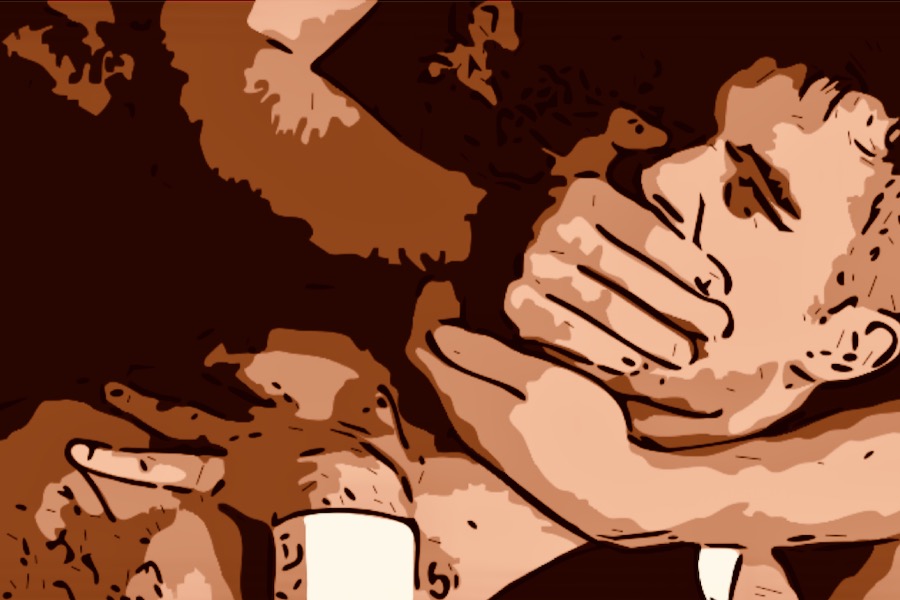January 2019. Ahmed (pseudonym) knocks on the door of a guy he met on Facebook. The guy answers the door but when Ahmed gets in, he sees another man that wasn’t in the deal. Ahmed says he wants to go home. The two strangers beat him. They rape him. And then, they kick him out, keeping all his valuable belongings. Ahmed does the most obvious and reasonable thing: he goes to the police and reports them. His attackers are found and arrested at once. But Ahmed ends up in jail too.
The crime of sodomy
According to the Tunisian judicial system, Ahmed – a victim of aggression, rape, and robbery – is guilty of violating article 230 of the penal code, which punishes “sodomy” with up to three years of prison and which is still applied in dozens of cases. Furthermore, while in jail Ahmed is continuously harassed by other inmates, as his mother said through the Association des Jeunes de Sfax pour la Démocratie et les Libertés (Sfax Youth Association for Democracy and Freedom). According to the woman, the State should have offered her son psychological support after the violence, not the additional trauma of prison.
And as if that wasn’t enough, the judge ruled Ahmed to be subjected to an anal test, in order to establish whether “he is used to sodomy”. This pseudo-scientific practice, which consists in examining the anus and testing its tone with fingers and objects, not only produces completely unreliable results, but it is so psychologically degrading that the international community sees it as a form of psychological torture. Anal tests have been explicitly disavowed by the Tunisian medical order, as well.

Videos on mobile phone
Ahmed is not the only man arrested for sodomy in Tunisia, in January. Judges have also tried Khaled (pseudonym): a 32-year-old Tunisian engineer who went back to his country for vacation. In an obvious violation of his privacy rights, police accidentally discovered some intimate videos on his phone, where he was having sex with his Syrian boyfriend in Dubai, United Arab Emirates. “They started watching the videos, insulting me and denigrating me, as if I were a circus animal”, said the young man.
The prosecuting attorney preached to Khaled about how sexual relations between men are considered “haram” (forbidden by religion) and she advised him to repent and follow the word of God. Then, just to be sure, she added on some scientific nonsense: homosexuality would cause illness.
Whatever the lawsuit’s outcome, Khaled’s life is falling apart. His arrest resulted in being unable to return to Dubai at the end of his vacation. He was consequentially fired, and lost his residency permit in the United Arab Emirates.
Abolish the felony
More and more, these dramatic stories prove how necessary it is to abolish article 230. Although far from unanimous, many Tunisian associations including the Commission des Libertés Individuelles et de l’Égalité (Individual Freedoms and Equality Committee; COLIBE) created by the Tunisian president, clamour for its abrogation. Along with them, the Secretary General of the Union of Tunisian Imams made a surprising overture toward marriage equality. It is a long road, but it seems the destination is no longer out of reach.
Pier Cesare Notaro
translation by Micol Mian
©2019 Il Grande Colibrì
photo: elaboration from pngimg (CC BY-NC 4.0)
Read also:




